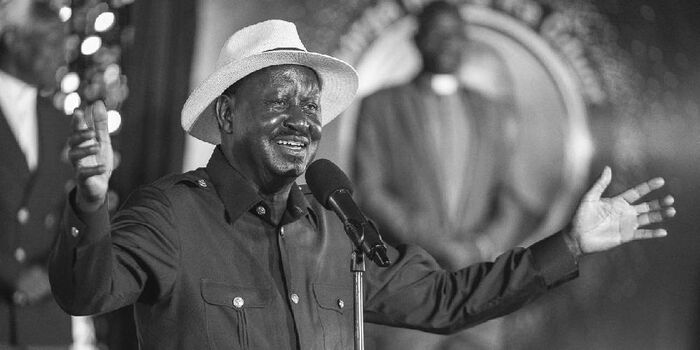Kenya is preparing for its next general election under circumstances never seen before: for the first time, the ballots will not feature the name of Raila Odinga, the country’s political lodestar. Odinga’s passing signals the end of an era in Kenyan politics, leaving both supporters and rival parties to navigate a new and uncertain political landscape.
For more than four decades, Raila Odinga was central to Kenya’s democratic journey. From his activism in the fight for multiparty democracy to his multiple presidential campaigns, Raila’s influence was unmatched. He not only mobilized voters but also shaped political discourse, often dictating the strategies of opposition and ruling parties alike.
With Raila absent, his longtime supporters now face difficult decisions. Many who had anchored their political identity to his leadership must reconsider which candidates align with their vision for the country. Political parties are also recalibrating, with new alliances forming to fill the vacuum left by his absence. Analysts suggest this could be one of the most unpredictable elections in Kenya’s history, as former loyalties are tested and new power dynamics emerge.
Beyond the immediate election, Raila’s death prompts reflection on Kenya’s political future. Who will inherit his political mantle? Can new leaders inspire the same loyalty and energy he commanded? The upcoming elections will not only determine the next leadership team but also reveal how Kenyan democracy adapts to a post-Raila era.
As Kenyans line up at polling stations, the absence of Raila Odinga’s name on the ballot is more than symbolic it represents a shift in the nation’s political narrative. The country must now decide its path forward, navigating challenges and opportunities in a political landscape forever changed.

